TROBOLO SilvaBlœm
Shapely composting toilet made of wood with HPL finish and optional exhaust system.
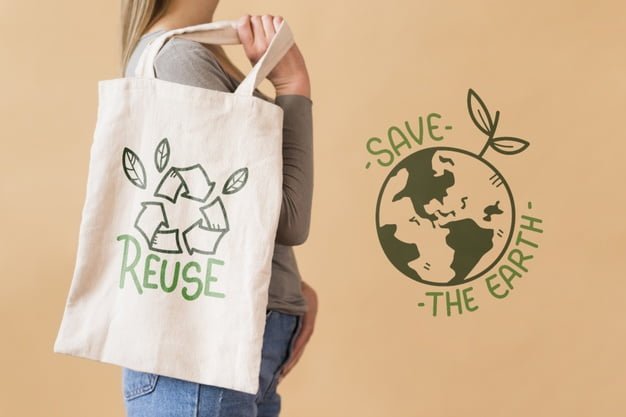
The Zero Waste movement is on the rise. Avoiding waste in order to protect the environment is the basis for many of their daily activities. Companies, hotels, restaurants and even entire cities are joining this movement and are looking for ways to reduce the flood of waste. But the very idea of Zero Waste goes beyond just waste reduction. It is therefore extra interesting to take a closer look at this topic.
The foundation stone for the Zero Waste movement was laid 18 years ago by the Zero Waste International Alliance (ZWIA). Its aim is to create worldwide guidelines to promote Zero Waste. Literally speaking, Zero Waste means “no waste”, but at the same time also “don’t waste things”. This kills two environmental birds with one stone: the conscious reduction of waste and the responsible use of resources. Resources are on the one hand the materials that are needed for production, but also energy or water.
Waste avoidance and resource conservation go hand in hand. In everyday life, many things can be made from a few basic ingredients, for example dishwashing or cleaning agents, but also products for personal hygiene. In addition, things that are no longer needed can be given away or donated instead of thrown away. And there are also many opportunities to practise zero waste when shopping. For example, there are more and more unpackaged shops where products are filled into jars or bags that you bring yourself. In addition, you should only buy what you really need. Often things can be borrowed from friends and acquaintances or exchanged instead of bought. Conscious consumption, reuse of items, recycling and composting are therefore also integral parts of the overall Zero Waste concept.
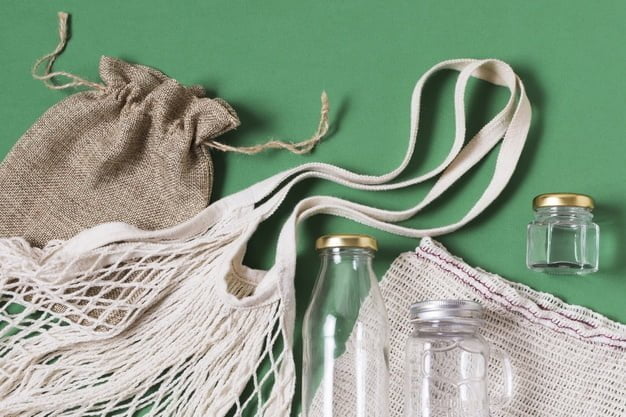
Every path begins with the first step, this also applies to the implementation of the Zero Waste concept. When many people make small changes, this also has a big impact. So it is better to do at least a little than nothing. It makes sense, for example, to avoid plastic products and use those made of sustainable materials instead. A reusable razor is a better choice than a disposable razor and a toothbrush made of the fast-growing raw material bamboo is better than one made of plastic.
Even old fabrics and towels can be converted and reused. In just a few steps, they can be turned into make-up tissues, baby bibs, soap bags or flannels. The magic word in this case is upcycling. Things that are no longer needed are converted and then used in a new function.
Environmentally friendly cleaning agents can be produced from the basic ingredients soda, vinegar, citric acid and soap. Naturally pure essential oils provide a pleasant fragrance (it is advisable to use essential oils economically and avoid fully during pregnancy). No aggressive chemicals are therefore necessary to ensure the desired cleanliness. This also applies to products for personal hygiene.
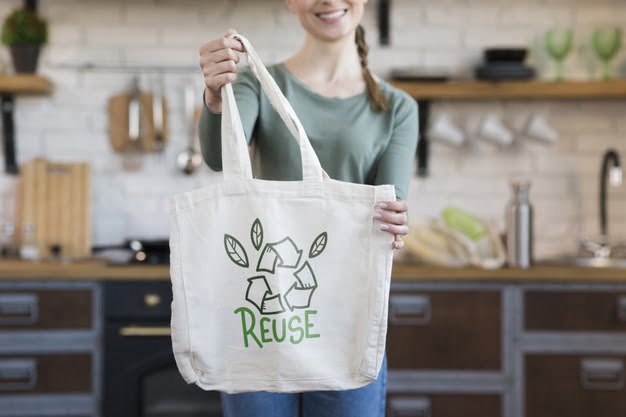
You can make dishwash liquid with these ingredients:
First heat the water until it boils, then stir in soap flakes. Let the soapy water cool down and stir in between. Now add the baking soda and essential oil, stir well and pour into a bottle.
Ingredients for deodorant spray:
Mix everything well and fill into a spray bottle. Shake the bottle well before use.
Ingredients for toothpaste:
Slowly heat the coconut oil in a pot until liquid and then remove from heat. Stir in the whiting, baking soda and xylitol until it is free of lumps. Finally, add the essential oil, then the toothpaste is ready and can be poured into a container. A small jar with screw cap is suitable for this purpose.
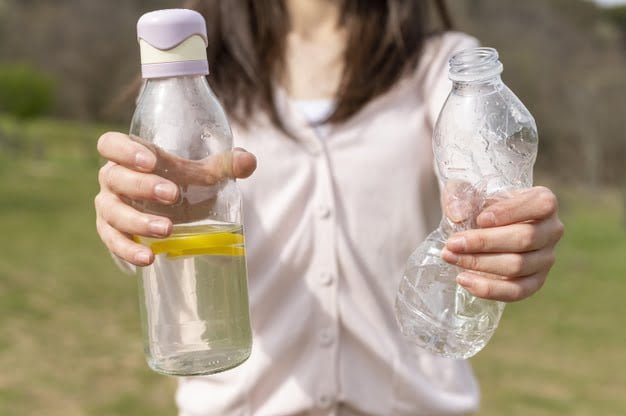

Composting toilets from TROBOLO also contribute to Zero Waste or Less Waste – less rubbish and waste. Composting toilets collect liquid and solid waste separately. Liquid waste is collected in a liquids container or discharged into a greywater tank, while solid waste ends up in the solids container provided. This separation makes emptying simple and hygienic. At the same time, the separation mechanism also strongly inhibits the development of odours. Composting toilets are completely odourless by using sustainable bedding or an electric air extraction system with low power consumption.
Composting toilets by TROBOLO do not require any use of water or electricity, thus conserving these valuable resources. The solid residues can be composted together with the compostable inlay in a TROBOLO composter and used as fertiliser in the garden. Urine is also ideally suited for this purpose. The naturally occurring phosphorus in it plays an important role in fertilisation. Phosphorus is also used in chemical fertilisers from the supermarket, but in this case it is a limited resource that must first be extracted from rock containing phosphorus.
Composting toilets go even further in terms of resource conservation and sustainability. Instead of poorly degradable wet wipes, recycled toilet paper is used, which can be composted with the solid waste. For cleaning the toilet, home-made products made from natural ingredients that do not harm the environment are available.
With a TROBOLO composting toilet, Zero Waste can easily be practiced in two ways: on the one hand, less waste is produced, as the leftovers can be reused as fertiliser. On the other hand, there is a responsible use of resources, neither water nor electricity are needed to operate the composting toilet.
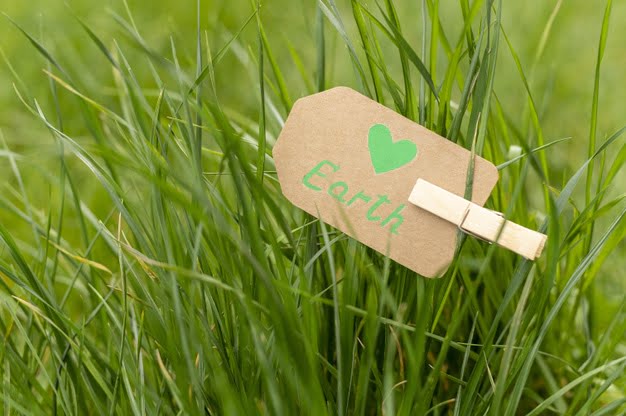

Sign up for our newsletter here to never miss out on any news or free promotions.
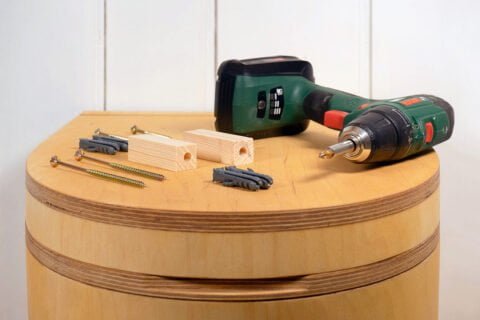
"Do-it-yourself" is the latest trend, so it's not surprising that more and more people want to build their composting toilet themselves. But how does that actually work? In this article, we take a closer look at the topic and give you numerous tips and tricks to make your do-it-yourself project a success. Have fun!
Read more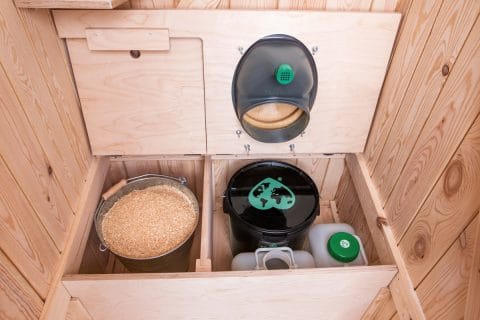
Below you will find information on functionality, areas of application as well as advantages and disadvantages of separating and dry toilets.
Read more
In this guide, you will find information about the functionality, areas of application as well as the benefits and disadvantages of chemical toilets.
Read more¡Tenemos buenas noticias! Aunque gran parte de nuestro contenido todavía esté en inglés, ya hacemos envíos a tu país. Solo tienes que hacer el pedido y los productos te llegarán directamente a casa.
De acuerdoBuone notizie! Anche se la maggior parte dei nostri contenuti è ancora in inglese, spediamo già nel tuo paese. Fai un ordine e ricevi i prodotti direttamente a casa tua.
D'accordoVi har gode nyheder! Selvom det meste af vores indhold stadig er på engelsk, sender vi nu til dit land. Du skal bare afgive din ordre, så bliver produkterne leveret direkte hjem til dig.
ForståetWe hebben goed nieuws! Hoewel het meeste van onze inhoud nog steeds in het Engels is, verzenden we nu naar uw land. Plaats uw bestelling en de producten worden direct bij u thuisbezorgd.
BegrepenYou are currently viewing a placeholder content from Facebook. To access the actual content, click the button below. Please note that doing so will share data with third-party providers.
More Information